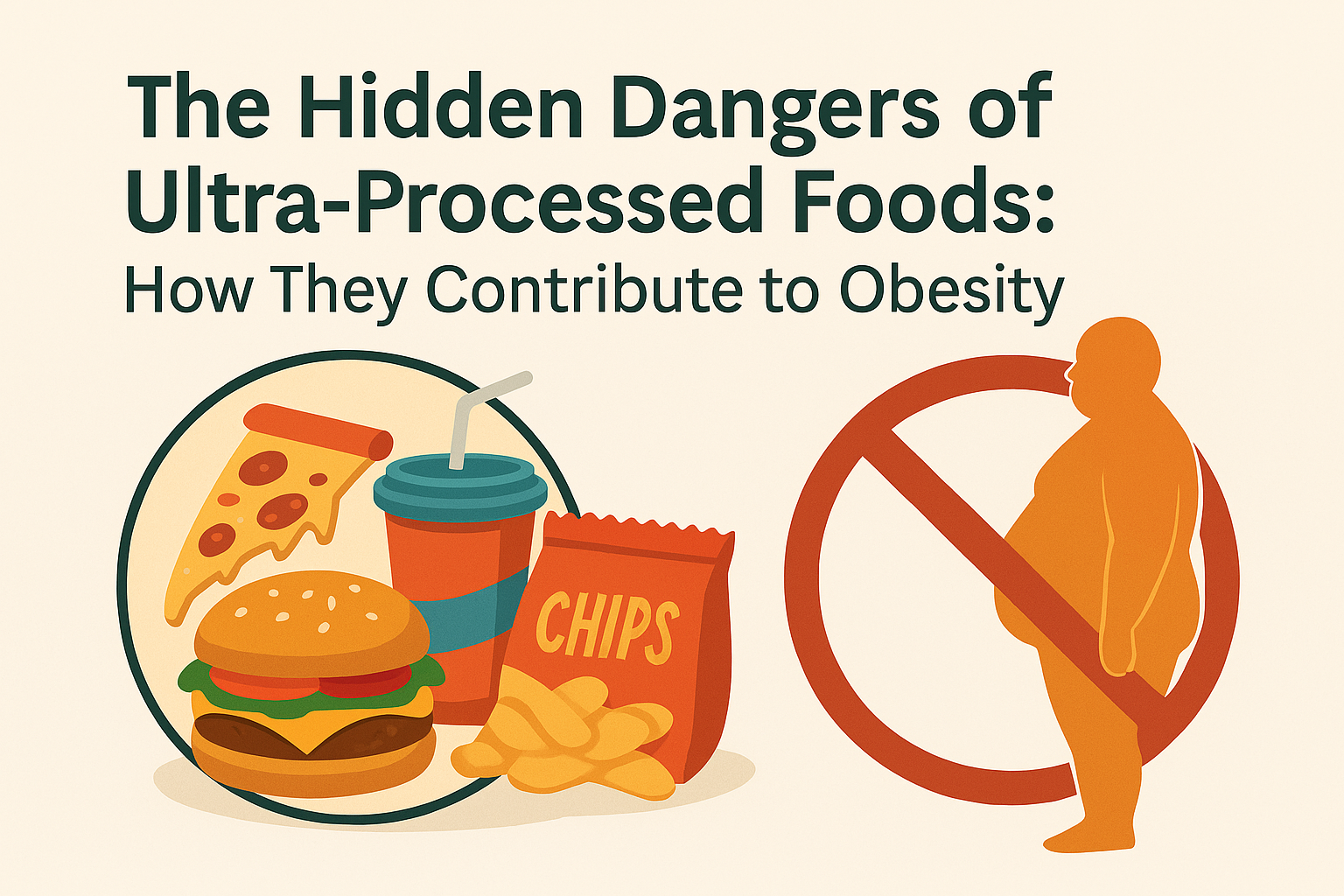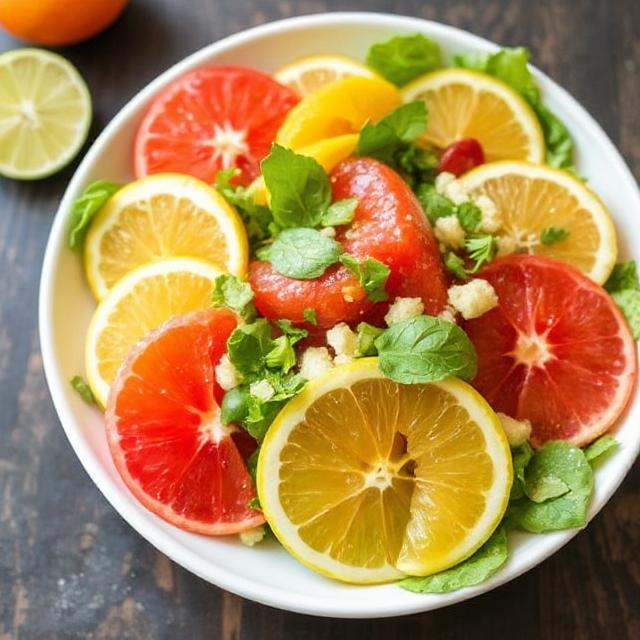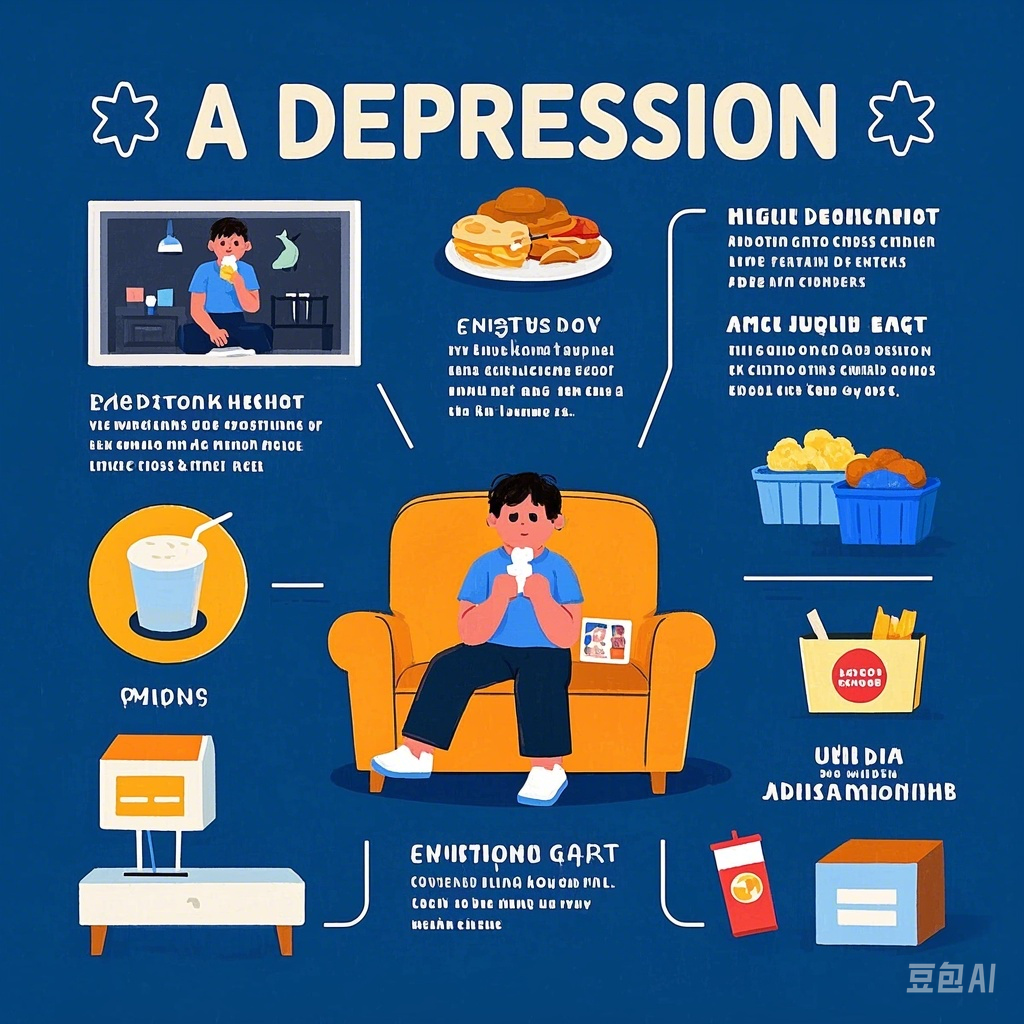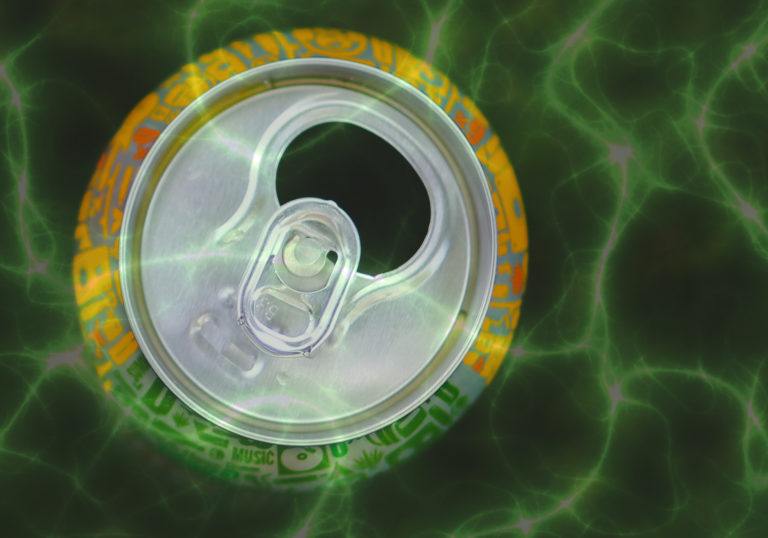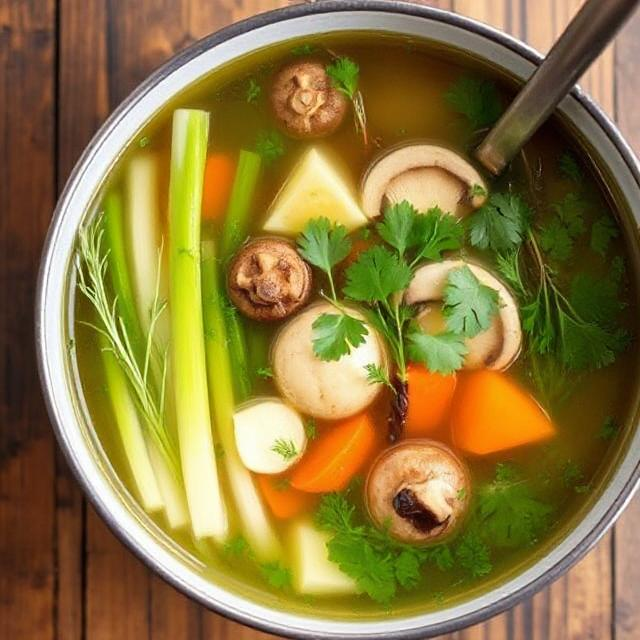When it comes to choosing a beverage, nothing beats water. It's calorie-free, widely accessible, and perfectly suited to meet your hydration needs. Whether it’s restoring lost fluids or supporting digestion, water plays a critical role in keeping the body running smoothly.
Why Water Matters
Water
is essential at every age, comprising about 60% of an adult’s body weight. It supports various
vital functions such as:
We typically drink when we feel thirsty—our body’s natural signal that it needs hydration—but we
also consume fluids during meals or even based on routine or external cues.
How Much Water Do You Need?
While the popular “8 glasses a day” advice is well-known, hydration needs vary by age, activity
level, and environment. The National Academy of Medicine recommends the following daily fluid
intakes:
Note: About 20% of daily water intake comes from food, especially fruits and vegetables like
cucumbers, lettuce, and melons.
Age Group
Daily Intake (Cups/Ounces)
1–3 years
4 cups / 32 oz
4–8 years
5 cups / 40 oz
9–13 years
7–8 cups / 56–64 oz
14–18 years
8–11 cups / 64–88 oz
Men (19+)
13 cups / 104 oz
Women (19+)
9 cups / 72 oz
Pregnant Women
10 cups / 80 oz
Breastfeeding Women
13 cups / 104 oz
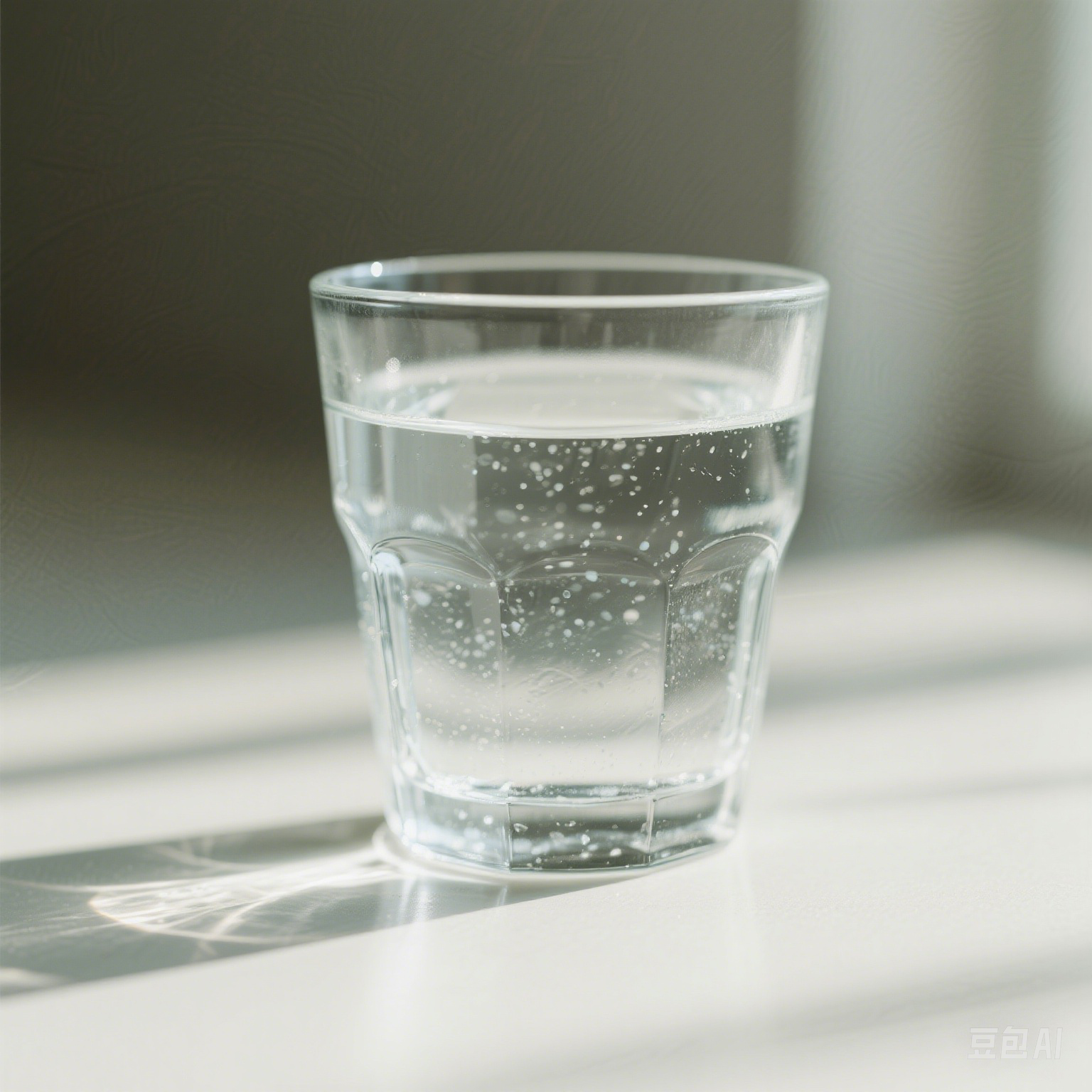
Special Considerations
Avocados
are packed with beneficial compounds like carotenoids, monounsaturated fats, potassium, and
fiber, all of which contribute to reducing the risk of chronic diseases when incorporated into a
well-balanced diet.
Alkaline Water: Trend vs. Truth
Alkaline water, with a pH of 8–9, is touted for health benefits like weight loss and detoxification. However, the body tightly regulates blood pH, and diet alone has minimal effect on it. Research doesn’t strongly support the claimed benefits. Still, if alkaline water encourages more fluid intake, it can be beneficial for that reason alone.
Is Thirst a Reliable Indicator?
Thirst works well for most people—but not everyone. Older adults, infants, and those with certain health conditions may have a diminished thirst response. In such cases, setting daily goals (e.g., four 20-ounce bottles) or drinking a glass of water with each meal can help maintain hydration.
Signs of Dehydration
Even
mild dehydration can cause:
Long-term dehydration raises the risk for:
Can You Drink Too Much Water?
Although
rare, excessive water intake in a short period can lead to hyponatremia—a dangerous drop in
blood sodium levels. Symptoms include:
Athletes, especially endurance runners, and those with kidney issues are at greater risk.
Smart Hydration Tips
Want
to drink more water without the boredom? Try these tasty, healthy alternatives:
Athletes, especially endurance runners, and those with kidney issues are at greater risk.
Final Thoughts: Whether you prefer it plain, sparkling, or infused, water remains the best way to hydrate. Listen to your body, make water a habit, and enjoy the benefits of staying well-hydrated every day.



